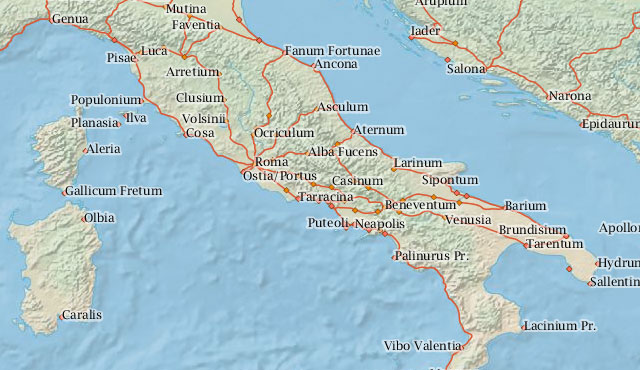Is coffee good or bad for you? If you follow the medical literature, you might think that the answer changes a few times a year. Different studies have found associations with various ailments, while others suggested that people who hit the java actually outlived their peers.
Now, a new study is out that not only finds that coffee has a positive effect, but may help explain why the earlier studies were so confused. As it turns out, coffee drinking is associated with a broad range of bad habits (most notably smoking), so if one adjusts the numbers to compensate for those, coffee drinking starts to look pretty good. Before you rush off for your latest hit, however, you should note the biggest limitation of this study: its population was recruited exclusively from the AARP. If you’re not considering retirement, you might want to hold off until we see more from a study with a younger demographic.
AARP (American Association of Retired Persons) membership is open to anyone over 50, so the population at the start of the study was between 50 and 71. On the plus side, it was huge: over 400,000 individuals. And that was after the authors got rid of people who already had cancer, heart disease, and/or strokes. The initial survey included questions about coffee consumption along with a lot of other health and dietary habits. Once enrolled, the authors followed the participants for 12 years, or until Social Security records indicated they had died.
from Ars Technica





